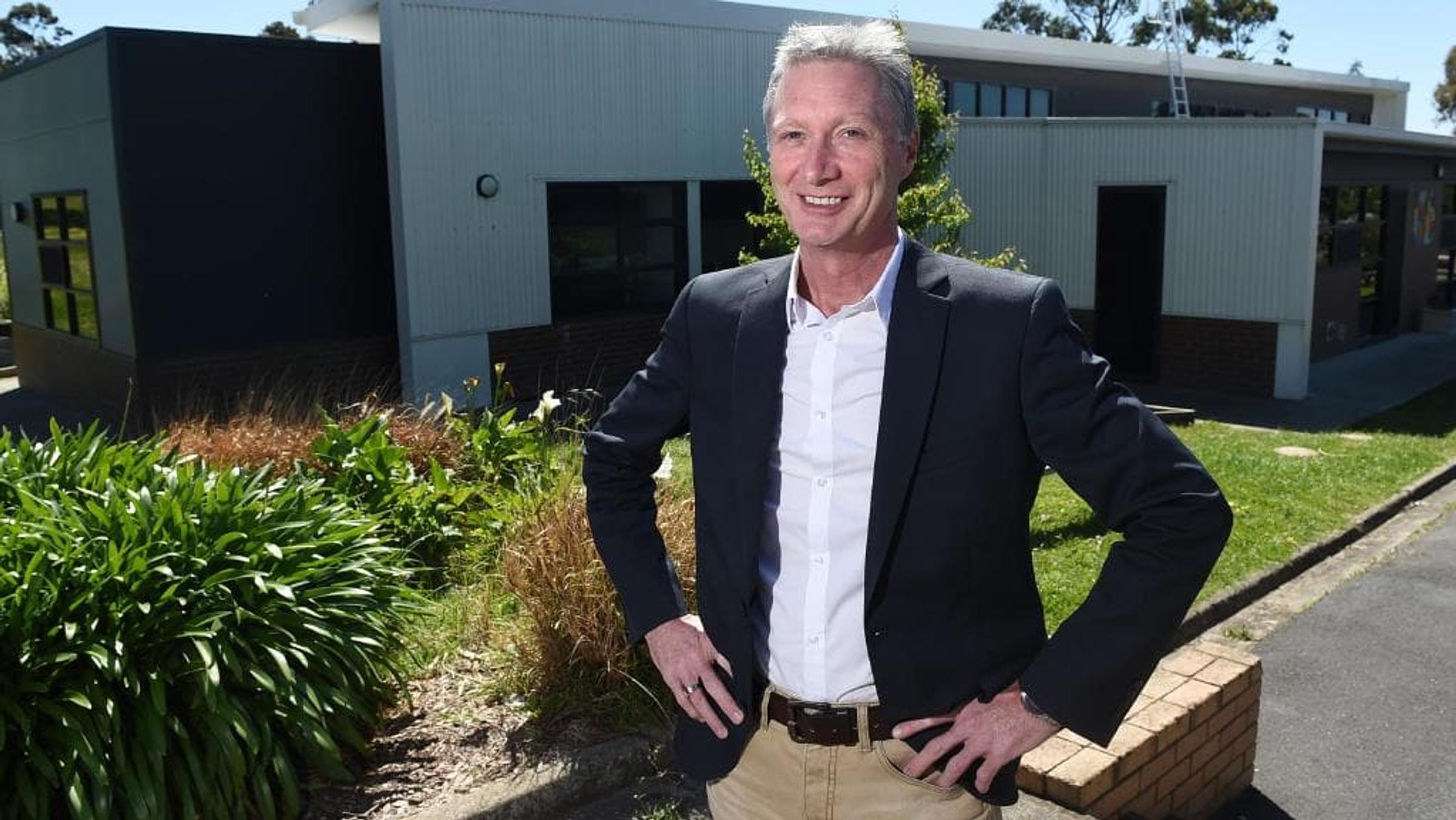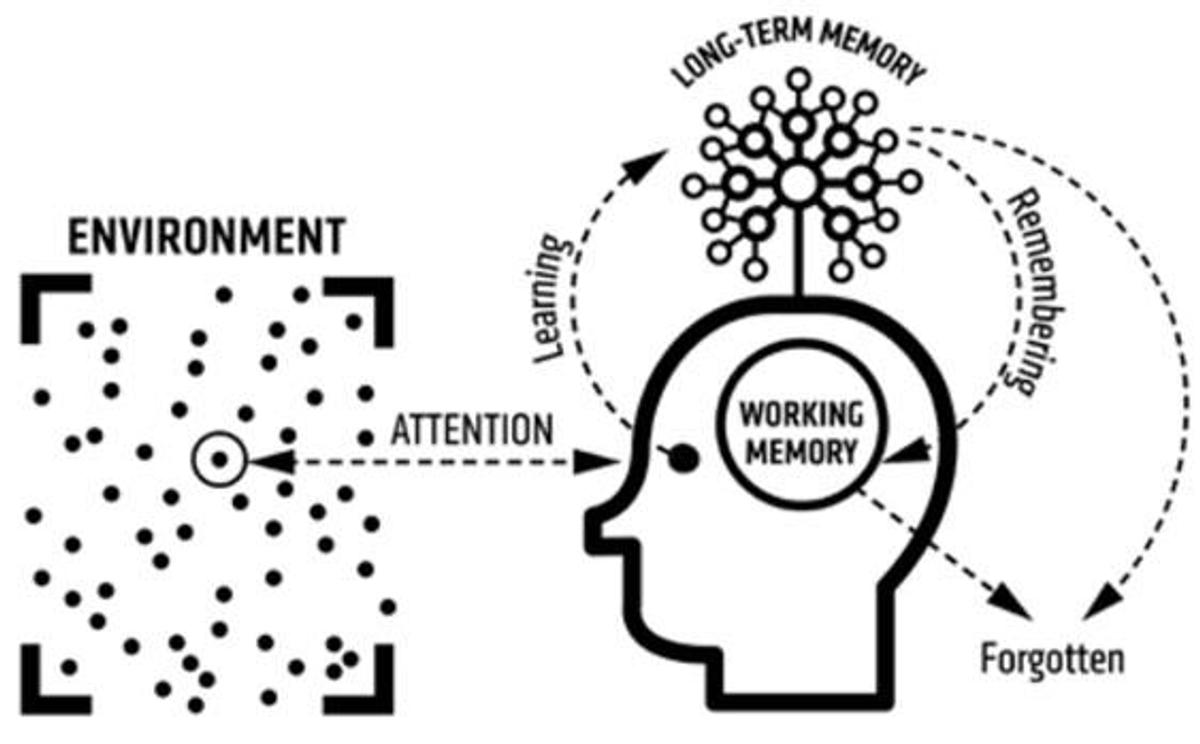2024 Parent Opinion Survey
Our school is conducting the annual Parent / Caregiver Opinion Survey offered by the Department of Education and is seeking your feedback. The survey is designed to assist schools in gaining an understanding of families’ perceptions of school climate, student behaviour, and student engagement. The survey is optional, but we encourage and appreciate your participation.
Our school will use the survey results to assist in identifying areas for improvement and professional development needs in the school, to target school planning and improvement strategies.
The Parent/Caregiver/Guardian Opinion Survey will be open until Friday 30 August 2024. All families are invited to participate in the survey. The survey will be conducted online, only takes 20 minutes to complete, and can be accessed at any convenient time on desktop computers, laptops, tablets or smartphones.
Please contact the office if you would like more information. https://www.orima.com.au/parent Le Page Primary School Pin: 324949
Readathon
A massive thank you again to everyone who supported Le Page's first Readathon. With your help, the Social and Fundraising Team raised a staggering amount of over $10,000. What an amazing effort. Congratulations to all our student winners, as well.
BridgeBuilders Program
BridgeBuilders is all about developing and empowering young people, to build their skills, achieve their goals and provide community connections. Representatives from BridgeBuilders, Le Page Primary School and AVEO Kingston Green Retirement Village came together and planned a four-week pilot program for 8 students and 8 AVEO residents. The program focused on activities that allowed the students and Aveo residents to become familiar and comfortable with each other and have some fun. In the final session, all participants shared how they learnt from each other, and how they came to the realisation that we all experience similar challenges and triumphs. Bridges were built and relationships made. This pilot program may be introduced in 2025, across the school system.
Book Week Fun
Book Week is a favourite time of the year for many students. This year’s theme was Reading is Magic. Students explored a wide range of texts and reflected on how reading can lead one’s mind to historical, futuristic and imaginary places of wonder. Every lunchtime, library leaders read picture story books. Students entered the Fish Creek Story Writing Competition. Today the staff and students dressed as their favourite book characters and had the chance to parade before the Le Page Primary community at assembly.
Father’s Day/Special Person’s Stall – Wednesday 28th August
A fantastic selection of gifts will be available for students to purchase for their loved ones, ranging in price from $2-10.We ask that students please bring their spending money in a purse/wallet, zip lock bag or envelope that is labelled with their name, and that they only bring an amount you’re comfortable with them spending. Unfortunately, we are unable to monitor their spending on the day. Please also send along a shopping bag for students to take gifts home in.
Students will be shown through the stall in their class groups in the morning. Gifts will be limited to 2 per student in the 1st round, with the chance to purchase extra gifts at lunchtime depending on availability.
We need a few more volunteers to help set up, help students with their purchasing and packing up in the school hall. Even if you have just one hour to spare on Wednesday 28 August, between 9.00am and 12.30pm, please click here link to sign up: https://signup.com/go/FiNQoGa. Volunteers will need to have a Working with Children's Check, and to sign in at the office on arrival and departure. You can apply for a free WWC here: https://service.vic.gov.au/services/working-with-children.
We’re also still looking for donations from our community - such as small plants, crafty items, cookies and treats, health and wellbeing items, clothing accessories, household and kitchen items such as cups and mugs. If you can help us, please email lepagesocialandfundraising@gmail.com or contact Gabi on 0413 466 689.
School Concert
On Thursday September 12th the students will sing and dance the night away. There are full costume rehearsals during school hours before the concert, Mon Aug 26th and Mon Sep 9th. Please do not hesitate to contact your children's teachers if you seek further clarification about costumes. Concert details have been shared and tickets are now on sale via Compass. Ticket sales generate the funding to cover the costs for the venue hire, stage, sound and lighting staff, vocal recording of backing tracks and video recording, amounting to approximately $10,000. The scheduled time of the concert is to allow parents time to commute from work to home, then onto the concert without rushing. Students are required to arrive at 6.30pm for a 7.00pm start. The concert will finish between 8.15pm-8.30pm.
TeamKids Holiday Program at Le Page Primary - Book Now
Head to https://downloads.teamkids.com.au/le-page-primary.pdf to check out Le Page Primary's program and secure your spot today.
Arriving on Time and Regular Attendance
Students are arriving late at school. Some students regularly arrive up to an hour late. It is an expectation and vital students are at school ready for a 9.00 start. The first 10 minutes of the day involves the students reviewing the school’s vision and mission statements, their class mission statement, and collective goals. The attendance role is marked, and the day’s timetable is shared before period one starts at 9.10. The first period is usually Reading instruction. Students who arrive late miss out on the most important learning of the day. Consistent lateness results in students missing out on weeks, months even terms of learning to read, and falling behind academically. I strongly advise parents to make arriving on time a priority, for the academic development and the wellbeing of their children.
More importantly is school attendance. A day absent from school results in the student missing six 50-minute targeted teaching and learning periods. For every day a student is absent, the more catching up academically and socially is needed. This can cause emotional stress. Students with high absenteeism rates miss out on weeks and in some cases terms of learning in all subjects. Such students can leave primary school having missed 18 months to 2 years of education. This has a disastrous impact on a child’s academic, social and emotional development, and unfortunately can cause irreparable disadvantage, as they may never be able to catch up with their learning.
Teachers will contact parents when there is a pattern of arriving late and after consecutive days of unexplained absence. Families struggling to meet the expectations of regularly arriving on time and high attendance, are strongly encouraged to work with the school, to increase the opportunities for their children’s personal and academic growth, and long-term happiness.
Maximising student learning through classroom design - Leah Myers
Many teachers set up their classrooms ahead of students returning to school. Classroom design is integral to student engagement. When I was a classroom teacher, the end of my summer holidays was punctuated by the sound of the Australian Open in the background, AC on, whilst laminating and preparing colourful displays for my new classroom.
I spent many hours setting up tables, reading corners, classroom libraries, book nooks and word walls. Like many teachers, I took pride in the learning environment I created for my students. I spent thousands of dollars over many years to make my space as bright and beautiful as possible.
Once, on a school tour during an election year, Tanya Plibersek (the then Federal Education Minister) stopped in her tracks in my classroom and said, “What a beautiful classroom!” Although proud of this accolade, it turned out that Tanya and I were both lacking understanding of something I finally learned in my 10th year of teaching: cognitive overload and its implications for classroom set up and design.
As Sweller (2011) notes, cognitive load theory explains how the brain processes new information, why information is remembered and forgotten, and the relationship between our limited working memories and our long-term memories.
According to Lovell (2020), there are 4 components to cognitive load theory, listed below.
- Intrinsic load: the learning that takes place in the moment
- Extraneous load: the learning environment and the way information is delivered
- Working memory: where new information goes (working memory is finite and can only hold 4 –7 new pieces of information at a time)
- Long-term memory: where information that has been learned goes (long-term memory is infinite).
Dylan Wiliam, a prominent British professor of education, has said that cognitive load theory is ‘the single most important thing for teachers to know’.
To maximise learning, teachers need to optimise the intrinsic load and reduce the extraneous load, so information can reach a student’s working memory on its way to long-term memory. Another important aspect to understand, for optimal classroom design, is the information processing model.
Source: Lovell (2020)
As the model shows, learners can only learn when they are paying attention. The challenge is that all around them are competing environmental factors. This is especially true of the classroom. In a noisy, display-ridden classroom, gaining and keeping student attention is no mean feat. Simply paying attention can be one of the hardest challenges for students. This means teachers need to reduce distracting elements of the environment, so students have fewer competing factors when trying to pay attention. To do this, teachers need to:
- anchor the important things at the front of the room
- place student work at the back of the room so it can be celebrated without being distracting
- reduce displays and avoid hanging things from the ceiling/above the whiteboard.
Classroom seating is another important factor in facilitating student attention. Seating arrangements should be chosen to foster a quieter working environment and create easy lines of sight to the teacher. Using an assigned seating plan can help reduce student anxiety about finding a partner if needed and reduce the time a teacher spends on intervention to get students seated, settled and working.
Through understanding the basics of human cognitive architecture and its implications for classroom design, teachers can create learning environments that are safe, predictable and conducive to learning for all students.
Leah Myers is a leading teacher and instructional coach with the Victorian Department of Education.
Here at Le Page Primary School our teachers are in the process of rearranging their classrooms to avoid visual clutter and to be able to see each student directly from the instructional position in the room. Everything in their rooms should have a purpose. The goal is to design, not decorate, and to have less on show at once and rotate it as the year goes on.
https://www.edutopia.org/article/how-reduce-cognitive-load-students-during-lessons/
The Emotional Bank Account
The concept of the Emotional Bank Account is one of Stephen Covey's key ideas in his book "The 7 Habits of Highly Effective People." The Emotional Bank Account is a metaphorical account that represents the amount of trust that has been built up in a relationship. Here's how it works:
Deposits and Withdrawals:
- Deposits are actions that build trust and strengthen a relationship. These can include acts of kindness, keeping promises, showing respect, listening, and showing genuine concern for the other person.
- Withdrawals are actions that diminish trust and weaken a relationship. These might include breaking promises, disrespect, not listening, or showing a lack of concern.
Building Trust:
- Just like a financial bank account, you want to make more deposits than withdrawals. A strong, positive balance in the Emotional Bank Account means that the relationship is built on a foundation of trust and mutual respect.
- When you have a high balance in the Emotional Bank Account, even if mistakes are made or misunderstandings occur, the relationship can withstand these issues because there is a reserve of trust.
Making Deposits:
- Understanding the Individual: Recognise and appreciate the unique qualities of the other person. Tailor your actions to their needs and preferences.
- Attending to the Little Things: Small acts of kindness and consideration go a long way in building trust.
- Keeping Commitments: Following through on promises, no matter how small, is crucial to maintaining trust.
- Clarifying Expectations: Openly discussing and agreeing on expectations prevents misunderstandings and conflicts.
- Showing Personal Integrity: Being honest and consistent in your actions reinforces trust.
- Apologising Sincerely: When you make a mistake, a genuine apology can repair the damage and rebuild trust.
Avoiding Withdrawals:
- Breaking Promises: This is one of the quickest ways to lose trust.
- Showing Disrespect: Dismissive or hurtful behaviour can create significant emotional withdrawals.
- Not Listening: Failing to listen to others shows a lack of care and respect.
- Being Self-Centred: Focusing only on your own needs and disregarding the needs of others can harm the relationship.
Application in Relationships
The Emotional Bank Account concept can be applied to various types of relationships, whether personal, professional, or social. By consistently making deposits and minimising withdrawals, you can cultivate strong, positive, and trusting relationships. Covey emphasises that the Emotional Bank Account is foundational to effective interpersonal relationships, whether it's with family members, friends, colleagues, or even within teams. The stronger the balance, the more resilient the relationship will be in the face of challenges.
Thought for the Week
“The standard you walk past is the standard you accept.” —David Hurley
Have a great weekend everyone.
George Danson



